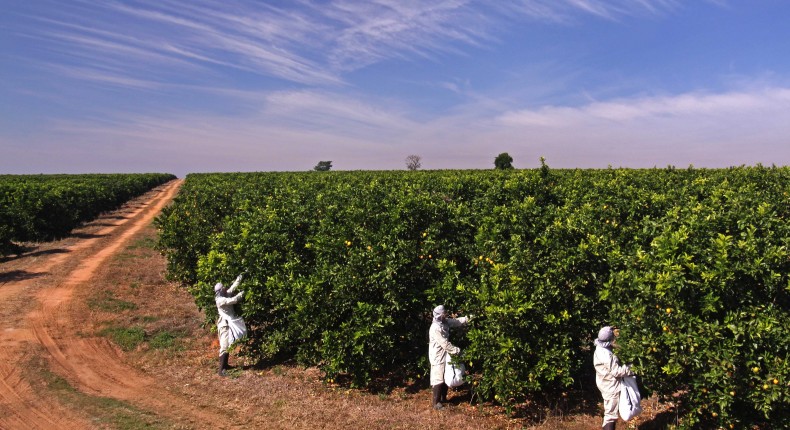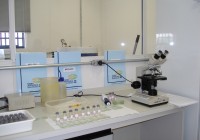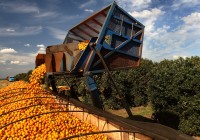3
nov

The citriculture is the sector that creates more jobs in agriculture in the state of São Paulo
The orange production was the segment that created more jobs in 2016, among all agricultural categories in the state of São Paulo. According to the General Registry of Admitted and Laid-Off Workers (CAGED, in Portuguese), the agency linked to the Ministry of Labor and Employment of Brazil, from January to August 2016, the citriculture had 30,709 admissions. This amount also puts the sector among the 20 main job creators of the state.
The citriculture positive impact in creating jobs is due the extensive use of manpower, specially during the harvest. To show what this means, just take a look at January 2016, there was 47,071 workers at the orange groves in the State of São Paulo. Considering that, according to Brazilian Institute of Geography and Statistics (IBGE, in Portuguese), the orange planted area in the state of São Paulo is of 412,861 hectares, it’s possible to see that the citriculture employs one worker every nine hectares. Just for comparison, the same calculation made with sugar cane shows that the activity creates one job every 80 hectares. Which means, one hectare of orange creates nine more jobs than one hectare of sugar cane.
The impact of orange in job creation is so great that from the 10 municipalities of São Paulo with the higher number of admissions in agriculture, listed by CAGED, seven are considered citrus hub, as it is with the first three places: Bebedouro, Matão and Mogi Guaçu. In these towns, the citriculture participation in creating agricultural jobs is of 24%, 23% and 65%, respectively. In towns like Santa Cruz do Rio Pardo, this percentage it’s up to 66%.
The numbers are meaningful, specially when considering the job crisis in Brazil. According to the Ministry of Labor and Employment, the month of September was the 18th straight month of closing formal jobs. In other words, in the past year and a half, there was more layoffs than hiring in the Brazilian economy. This way, the citriculture’ profile as a job-creating activity has a significant impact in the towns where it’s present.
- |

